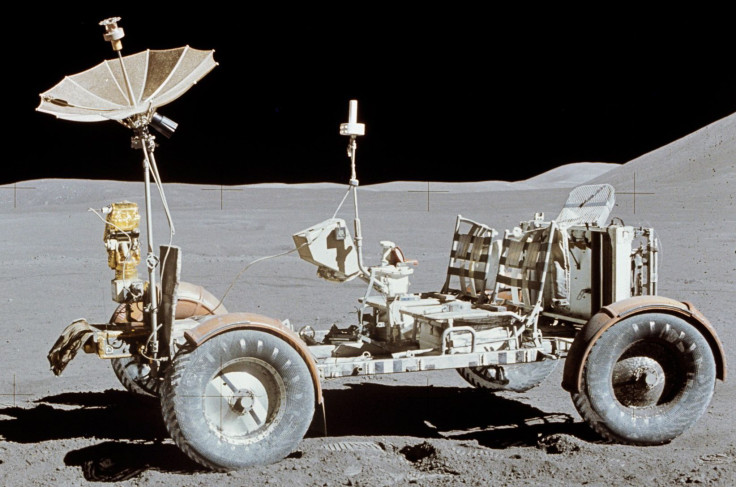Google Lunar Xprize $20 Million Moonshot Award Almost Certainly Has No Winner

UPDATE: 12:45 a.m. EST — In an emailed statement early Tuesday, Google Lunar Xprize confirmed unambiguously that no one would win the $20 million prize.
“After close consultation with our five finalist Google Lunar XPRIZE teams over the past several months, we have concluded that no team will make a launch attempt to reach the Moon by the March 31st, 2018 deadline,” the statement said.
Original story:
It looks like the first privately-built rover to go to the moon will have to wait a while more.
Google will not extend the latest deadline of March 31, 2018, for its Lunar Xprize — a $20 million award for a private company to design and send a rover to the lunar surface, travel 500 meters and send back visual proof of its having done so. And that means the four remaining contenders for the award, all of whom are in no position to meet the deadline, will all definitely not win it.
The original deadline for the prize, announced in 2007, was for 2014, with the prize money being higher if the goals were met by 2012. The deadline was extended in 2010 to December 2015. In 2014, it was extended again to Dec. 31, 2016, before being extended to Dec. 31, 2017, in 2015, but only is any one of the teams could show by the end of 2015 they had secured launch contracts for their rovers. In the middle of 2017, the deadline was pushed to March 31, 2018.
The tech giant told CNBC on Monday: “Google does not have plans at this time to extend the deadline again, however, we are so thrilled with the progress made by these teams over the last ten years.”
The four teams that remain in the competition are Moon Express (based in Silicon Valley), SpaceIL (an Israeli company), TeamIndus (located in Bangalore, India) and Synergy Moon (the only team with members from multiple countries).
Moon Express has its sight on larger goals beyond the prize. The company was set up with the ultimate business goal of mining the moon for its natural resources. It was fully funded for sending its rover to the moon, but it seems the company’s launch contract is after the latest, and last, the deadline already passes by.
SpaceIL, which tied up with Elon Musk’s SpaceX, was short of funds to meet the deadline, while TeamIndus suffered a setback when its launch contract with the Indian Space Research Organisation was scrubbed earlier in January after the company reportedly failed to pay installments to the space agency. Synergy Moon has its own problems as well and is in no state to meet the deadline.
It is no surprise that funding was a major problem for companies participating in the contest, whose rules specified that almost all the money raised by the teams had to be privately invested. While the big award was $20 million, there were also smaller awards of $1 million for achieving milestones along the way. But even if one company won all that money, it still wouldn’t be enough to meet the costs involved, which run into tens of millions of dollars.
It is unclear what these companies, which have spent the last few years working on their moonshot, will do next; except for Moon Express which has other designs beyond the prize.
© Copyright IBTimes 2025. All rights reserved.




















